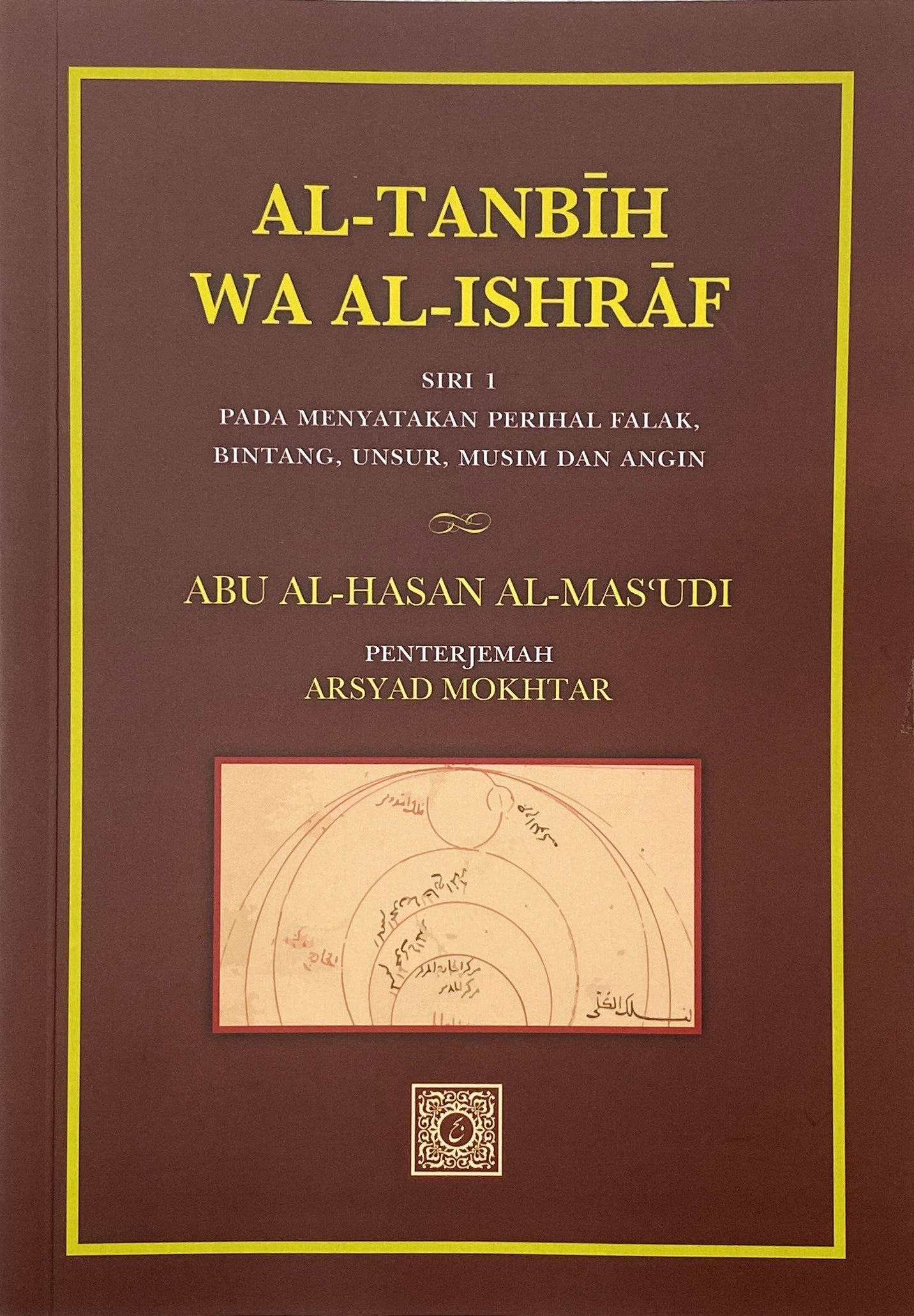Moreover, “Tanbih al-Khawatir” is adorned with rich narratives and parables. These illustrative tales serve as vehicles for moral teachings, encapsulating complex ideas within accessible formats. Such narratives allow readers to distill profound ethical dilemmas into relatable scenarios, fostering a deeper understanding of the text’s philosophical underpinnings. This method of storytelling serves not only to engage the intellect but also to evoke emotional responses that are crucial for true learning. The artistry of these narratives deepens the reader’s engagement, allowing for multifaceted interpretations and reflections.
The text’s perspicuity in addressing the volition of the human soul cannot be overstated. Central to the discussions within “Tanbih al-Khawatir” is the concept of free will. The notion that individuals possess the capacity to make choices is fundamental to Shia belief, and it further enriches the text’s theological implications. The discussions regarding free will invite readers to examine the ramifications of their decisions on both a personal and communal level. This meticulous examination encourages a sense of moral responsibility, whereby individuals are not merely passive recipients of fate but active participants in their spiritual journeys.
Furthermore, “Tanbih al-Khawatir” functions as a mirror reflecting societal values and ethical paradigms prevalent within Shia communities. As readers delve into the text, they find an implicit critique of societal norms that conflict with ethical teachings. The discourse surrounding justice, compassion, and the welfare of others resonates deeply within the Shia tradition. This emphasis on communal responsibility fosters a robust framework for social ethics, highlighting the interconnectedness of individuals and their obligation towards societal harmony.
Tags
Share this on:
[addtoany]


